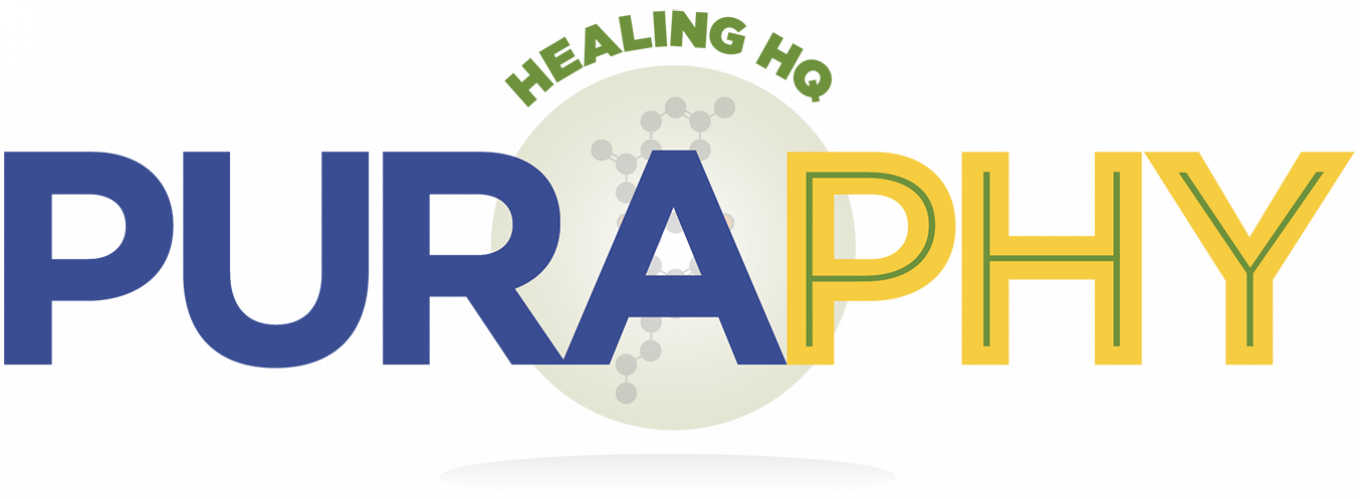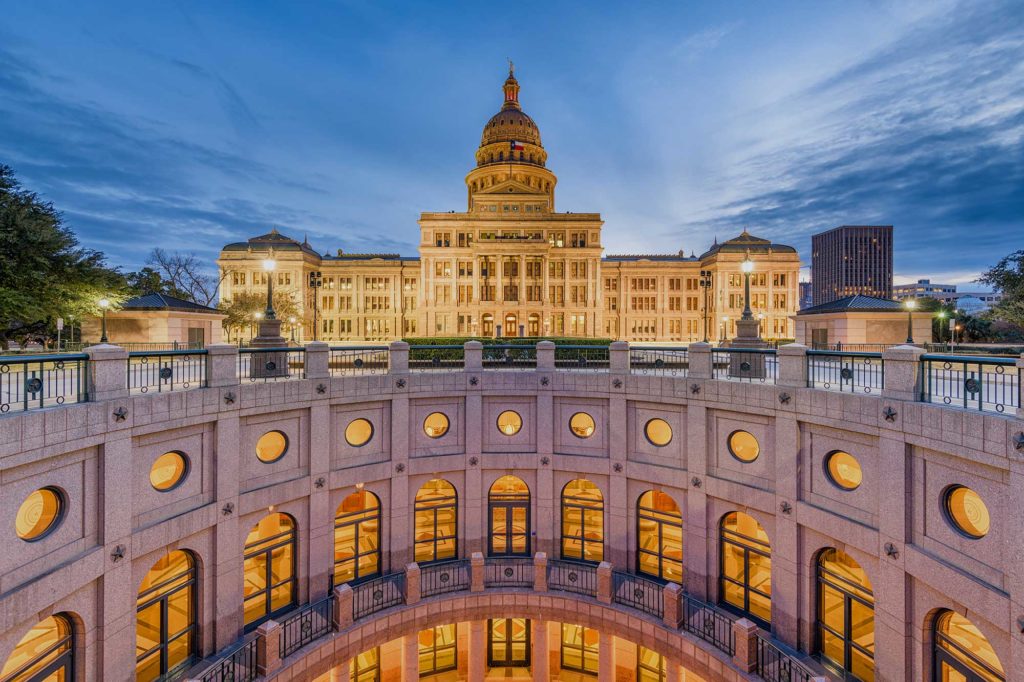While the hemp sector has had commercial difficulties since 2019, such as the biomass market heading lower, smokable hemp has continued to flourish.
According to Hemp Benchmarks data, smokable hemp is the only hemp category to see a consistent price increase since 2020, with CBD flower exceeding $300 per pound for the first time since 2019, and the cost of CBG flower averaging up more than 50 percent higher since the previous year.
Despite the continued rise of the smokable hemp market—and the fact that hemp is now federally legal—the production and sale of dried hemp flower is still prohibited in numerous states, including Iowa, Idaho and Kentucky. Several other states, on the other hand, received legislative attention this year.
The Texas State Department of Health (DSHS) prohibited smokable hemp in August 2020. However, DSHS was challenged by a Dallas-based maker of smokable hemp products, Wild Hempettes LLC.
Soon after, a temporary injunction was issued to the plaintiffs, allowing the sale and distribution of smokable hemp, but prohibiting manufacturing. The state’s smokable hemp restriction was then declared unlawful by a Texas judge a few weeks later, allowing Lone Star hemp producers to freely engage in the market and supply such goods to consumers across the state. But, it seems like the state is at it again.
According to Jesse Williams, a local cannabis advocate, some may just resort to promoting the goods as “consumable” rather than “smokable” so they were legal to sell.
Texas hasn’t given up on its attempt to outlaw smokable hemp. Since August 2021, the situation of smokable items has been in uncertainty. The battle to keep these products lawful in Texas has reached the state’s highest court.
Texas’ Department of State Health Services (DSHS) filed a notice of appeal to the Texas Supreme Court on December 1, 2021, after lower courts ruled the prohibition was unconstitutional. The smokable hemp restriction in Texas is back in place until the Supreme Court finds differently, as this notice of appeal trumps the final verdict. As a result, the trial court must allow the judgement to be overridden, according to the notice of appeal. As a result, the final judgement is overruled by the law.
After businesses established the ban’s negative impact on their operations, district courts granted injunctions against it. Last month, a judge issued a final judgement for a permanent injunction against the prohibition. DSHS filed an appeal to the Texas Supreme Court in response to the final verdict from January 2022.
Selling and distributing smokable items is forbidden for stores. According to Jesse Williams, a local cannabis advocate, some may just resort to promoting the goods as “consumable” rather than “smokable” so they were legal to sell.
The 2018 Farm Bill legalized hemp with less than 0.3 percent delta-9 THC on a federal level. Texas approved House Bill 1325 the next year, legalizing the production, possession and sale of industrial hemp containing less than 0.3 percent delta-9 THC. DSHS was given the duty of writing up the guidelines for the state’s Consumable Hemp Program under the new law.
DSHS issued a regulation in August, prohibiting the manufacture, processing, distribution and retail sale of smokable items. It only took a few days for a group of hemp firms to gather together and launch a lawsuit stating that the restriction was unconstitutional. Meanwhile, some businesses continued to sell smokable hemp goods while avoiding the ban by not labelling them as “smokable.”
The state has claimed that its efforts to prohibit smokable hemp products are intended to make marijuana laws simpler to enforce. According to the Department of State, smokable hemp products make it more difficult for officers to discover “genuine pot,” or cannabis with more than 0.3 percent delta-9 THC.
Meanwhile, an increasing number of towns are attempting to reduce the enforcement of cannabis legislation. For example, in April 2021, the Dallas Police Department declared that it would no longer prosecute persons who had less than two ounces of cannabis for personal use.
Attorney Matt Zorn, who represents some of the firms involved in the smokable hemp issue in court, compared the state’s logic to outlawing baking soda to aid in the enforcement of cocaine laws. The restriction may potentially cost firms millions of dollars.

